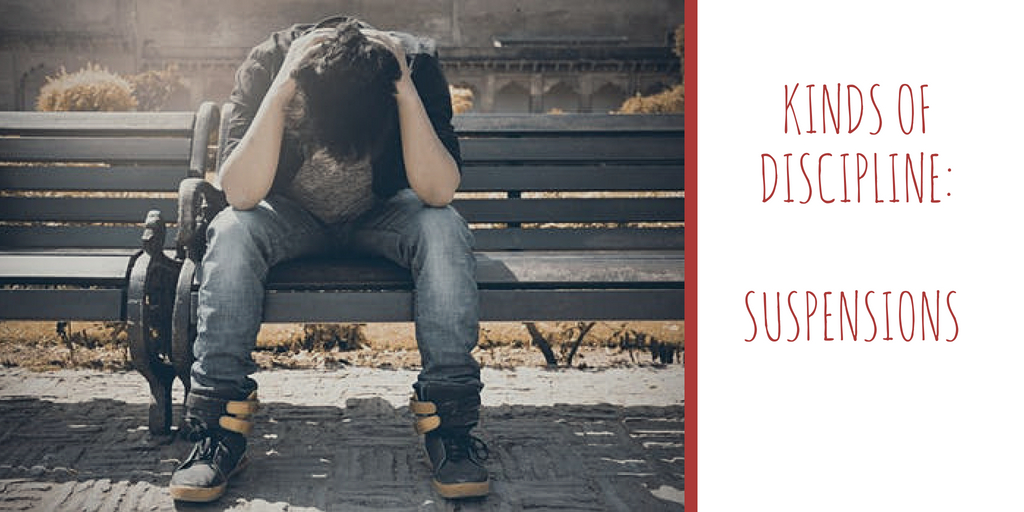YOU FILED A CRA. WHAT HAPPENS IN COURT NOW?
/A Child Requiring Assistance (CRA) claim is a court case in which the Juvenile Court is asked to help parents and/or school officials with the supervision and/or management of a child who is at least 6 but not yet 18 years old. There are five types of CRA but below are the four most commonly filed:
1. Runaway: Child 6 to 18: A child between the ages of 6 and 18 who “repeatedly runs away from the home of a parent, legal guardian or custodian having custody of the child.”
2. Stubborn: Child 6 to 18: A child between the ages of 6 and 18 who “repeatedly refuses to obey the lawful and reasonable commands of said parent or guardian resulting in said parent’s or guardian’s inability to care for and protect said child…”
3. Truant: Child 6 to 16: A child between the ages of 6 and 18 who “is not excused from attendance in accordance with the lawful and reasonable regulations of such child's school, has willfully failed to attend school for more than 8 school days in a quarter…”
4. School Offender: Child 6 to 16: “A school district may initiate an application for assistance in said court stating that said child is not excused from attendance in accordance with the lawful and reasonable regulations of such child's school, has willfully failed to attend school for more than 8 school days in a quarter or repeatedly fails to obey the lawful and reasonable regulations of the child's school.”
If after a preliminary hearing the Court decides the child requires assistance, the case will be scheduled for future court hearings. Below is an overview of the most frequently used types of hearings in a CRA case:
What happens at a Fact-Finding Hearing?
At the Fact-Finding Hearing, each party has a right to be heard and has the right to have a trial in front of a different judge who conducted the preliminary hearing. [Although this requirement is stated in the statute, this does not always happen. You could have the same judge from the initial filing to the disposition.] The applicant, whether it be a parent or a school official, who filed the application must present evidence that shows to the judge, beyond a reasonable doubt, that the child requires assistance. If the judge finds that the child requires assistance, the court will schedule a case conference and disposition hearing.
What happens at a case conference?
The case conference allows the parties and any third-party collaterals (i.e. probation officer, representative from child’s school, clinicians, Department of Children and Families (DCF) if involved with the family, etc.) to collaborate and agree on plan for the child. The parties should be cautioned to only agree to tasks that they will follow through with. If a party agrees to do a task at the case conference that they have no intention of following through with, when the court gets a report on the progress of the plan it will be reported as a failure.
What happens at disposition?
At disposition the judge will order the child: to remain at home (and may impose conditions for the child to stay at home); into the custody of a relative or other appropriate adult; or into the custody of DCF (and may also order that DCF place the child out of the home).
Once the court places the child in DCF custody, DCF decides where to place the child. The disposition is first reviewed by the court after 120 days. At that review (or between reviews), the case can be dismissed, the court can change the custody order or conditions, or the case can continue with the same orders in place. There are three more reviews that happen after the first every 90 days.
Have questions or concerns about your child? Contact us to discuss further:
E.M. Curran & Associates LLC
10 Tower Office Park
Suite 406
Woburn, MA 01801
Phone: 781-933-1542
Fax: 781-933-1549
ellen@emcurranlegal.com
















